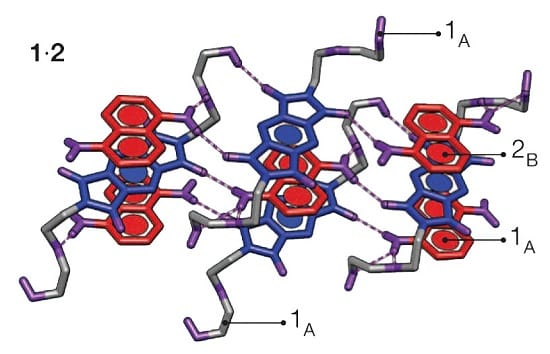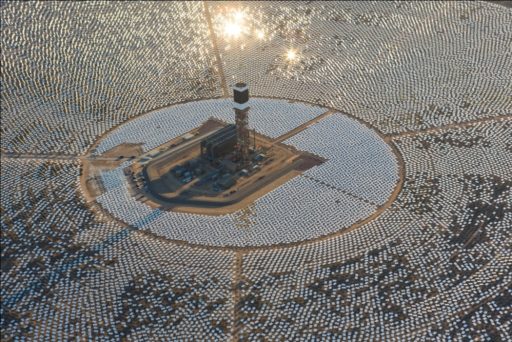Every year, our computers are wasting huge amount of electricity to keep track of work which we have not saved in the hard disk yet. Report says Americans are spending 6 billion dollar each year on electricity to keep data in computer’s memory. According to the New Science report published last week, the yearly expenditure can be dropped. Recently a new type of material has been developed for computer memory that can permanently store data.
Researchers of United States and South Korea have developed a new material called crystalline organic compound by using cheap building blocks. According to Samuel Stupp, a chemist at Northwestern University in Evanston, Illinois, this crystalline organic compound is absolutely “happy accident.”
Stupp described that Alexander Shveyd (a former member of Stoddart’s lab and now a postdoctoral fellow at the University of Rochester, New York) was working with ring-shaped organic molecules. He was trying to create pairs of these molecules that would be assembled together. Alok Tayi (a friend in Stupp’s lab and a postdoctoral fellow at Harvard University) helped Alexander Shveyd during experiment. Together they were trying to create pairs of molecules. Finally they found pairs of organic molecules.
Crystalline organic compound’s characteristic is ferroelectric (one side has positive charge and the other side has negative charge). Researchers applied an electric field on crystalline organic compound where they can flip the material’s charge. They found that the material can hold the charge orientation until it is hit by another molecules. This charge is relatively permanent that makes ferroelectrics ensnaring materials for nonvolatile memories.
Source: Sciencemag
[ttjad keyword=”electronic”]



